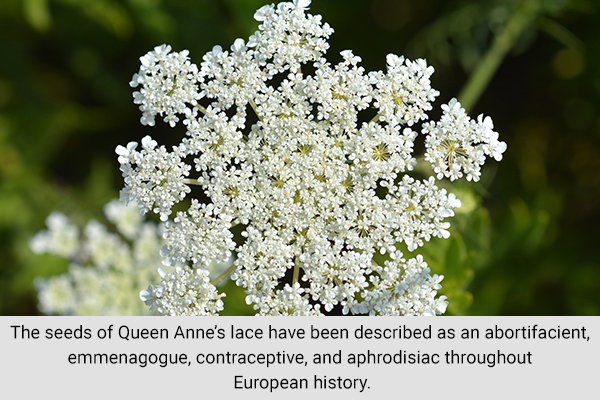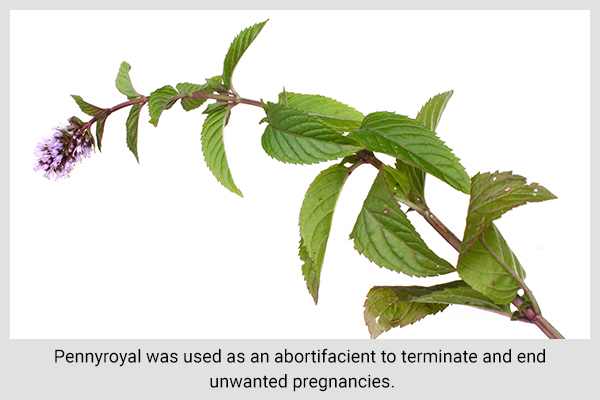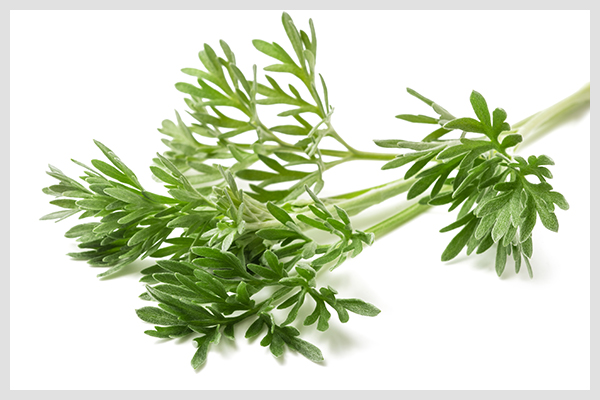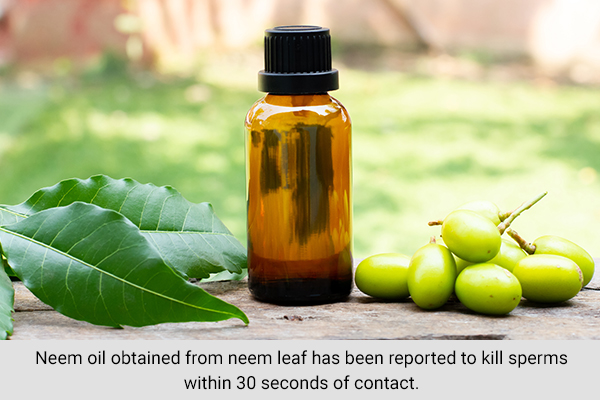In this article:
Birth control, as the name suggests, is a way to prevent unwanted pregnancies from occurring. Contraceptive methods include medication, a device such as an intrauterine device, physical barriers such as condoms, or behavior such as following the monthly cycle to practice sex during the preovulation phase. (1)

Historically, women all around the world have been using specific herbs that act as birth control or induce menstruation. Though evidence of the effectiveness of these herbs is severely lacking, women in some rural areas still prefer using herbs to prevent unwanted pregnancies from occurring. (2)
Herbs That Act as Birth Control
These herbs are commonly used as contraception.
1. Queen Anne’s lace

Also known as wild carrot, the seeds of Queen Anne’s lace have been described as an abortifacient (compounds that bring about abortion), emmenagogue (compounds that induce periods), contraceptive, and aphrodisiac throughout European history. (3) It is also used in India and North America for contraception due to its antifertility ability.
Animal studies have found Queen Anne’s lace to have antiprogesterone abilities and prevent the fertilized egg from attaching to the uterine wall. (3)
Though women chew the seeds for contraception, more scientific data are needed to establish the safety and efficacy of Queen Anne’s lace.
2. Pennyroyal

Pennyroyal belongs to the mint family and has a strong spearmint-like scent. It was used to induce periods and relieve menstrual ailments. It was also used as an abortifacient to terminate and end unwanted pregnancies. (4)
Animal studies have confirmed pennyroyal to modulate hormones that induce pregnancy and its use as contraception immediately after safe sex to prevent a pregnancy from occurring. (4)
Pennyroyal can be brewed as tea and consumed regularly.
3. Artemisia

Artemisia belongs to the family Asteraceae and is found in Asia, Europe, and North America. It is also commonly known as mugwort, sailor’s tobacco, common wormwood, felon herb, and St. John’s plant and has a potent antifertility effect. (5)
In rats, a single injection of artemisia extract into the vagina blocked fertilization by killing the sperm. When these female rats were allowed to mate, there was significantly less litter produced. (5)
Human evidence is lacking, but the leaves can be brewed into tea and consumed.
4. Neem

Neem oil obtained from neem leaf has been reported to kill sperms (in both animal and human studies) within 30 seconds of contact. (6)
When applied inside the vagina, neem oil can prevent the implantation of a fertilized egg on days 2–7 of the expected pregnancy. This infertility is completely reversible within a month of stopping the use of neem oil. (6)
Very little neem oil is needed for this effect, and care must be taken to not overuse it.
Precautions to Consider
Herbal remedies have little scientific evidence for safety in human use and run the risk of causing harm to the woman using them. It is important to read safety precautions as well as consult a doctor or herbalist to identify the safe dosage and method of consumption.
All the herbs mentioned in the article are meant to act as birth control and are not promoted for use to abort unwanted pregnancies.
Most-Asked Questions
What are some natural ways to prevent pregnancy?
Follow and track your monthly cycle to practice safe sex during that period.
Does ginger root also act as birth control?
Some traditional remedies include using ginger to promote menstruation. However its role in preventing pregnancy has not been studied; thus, it is best to avoid the use of ginger for such purposes.
Does thistle promote sterility?
Some women consume thistle to induce temporary sterility. However, one study has reported its use in improving fertility, and it is being used in increasing the chances of IVF. (7)
Final Word
Birth control is practiced to prevent the occurrence of an unwanted pregnancy. Herbal remedies have been used since ancient times and can be effective in preventing pregnancy.
It is important to remember that these herbs need to be further studied to identify their efficacy and safety in humans and that overuse can be risky.
- Was this article helpful?
- YES, THANKS!NOT REALLY


